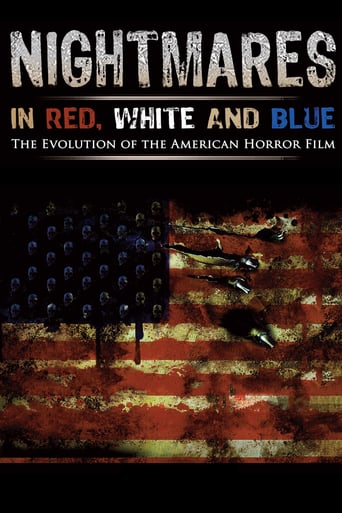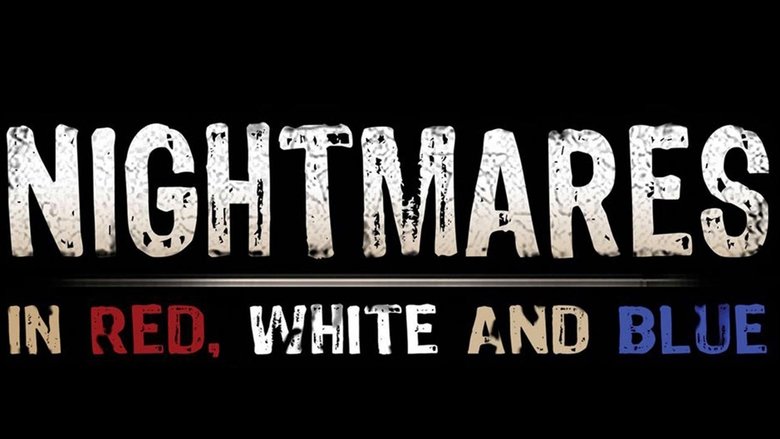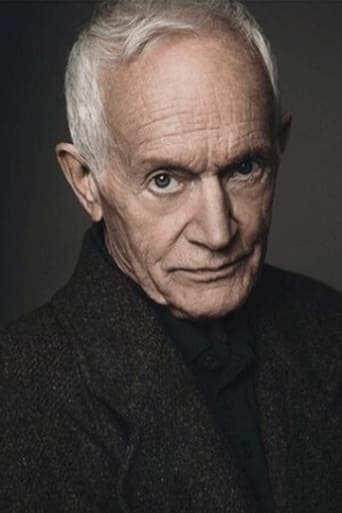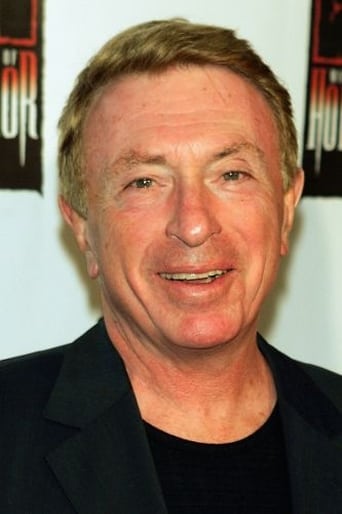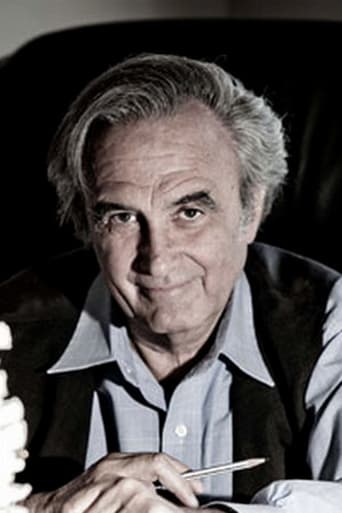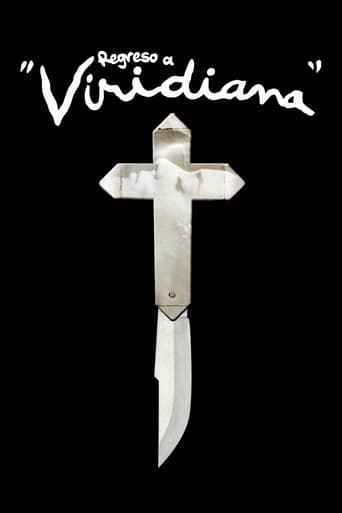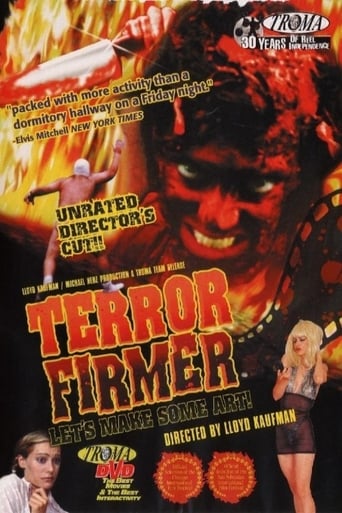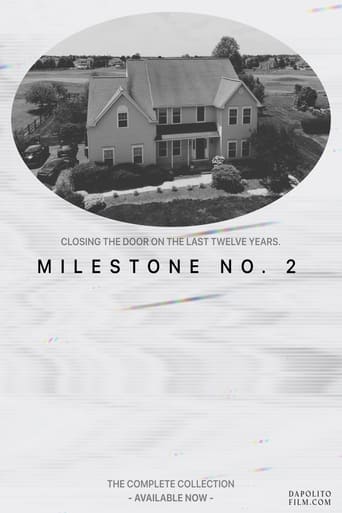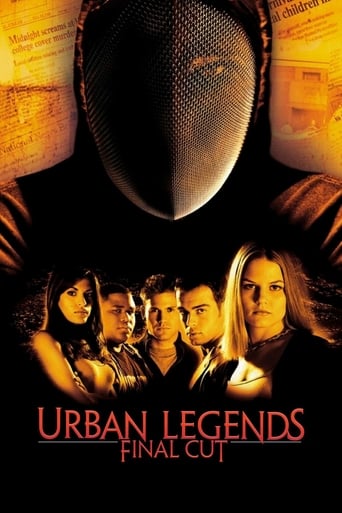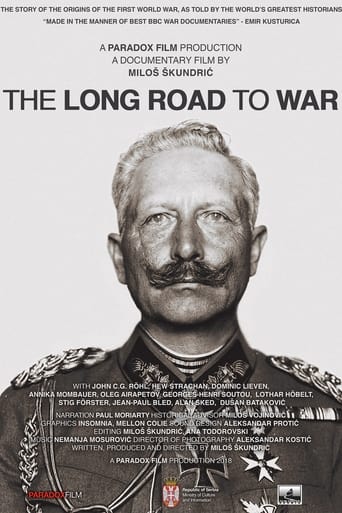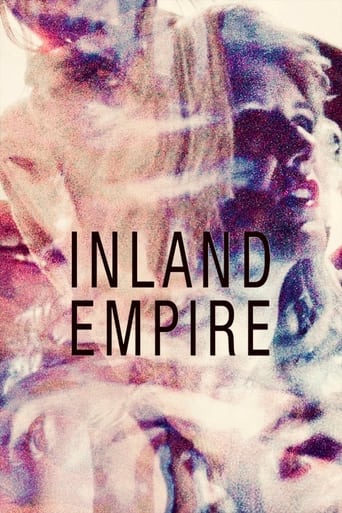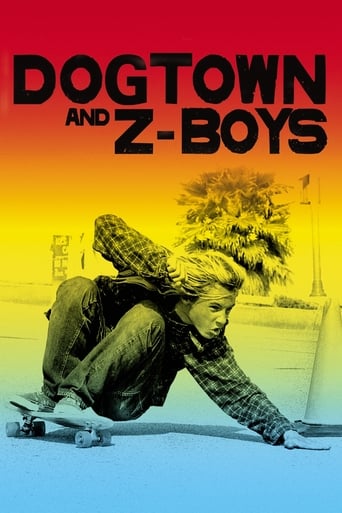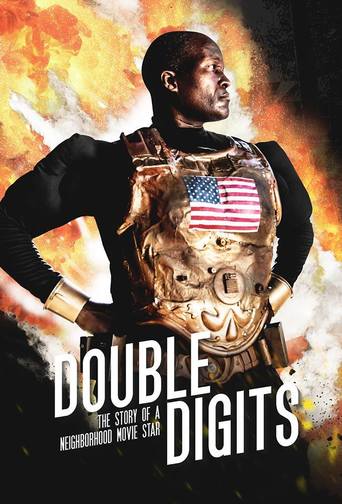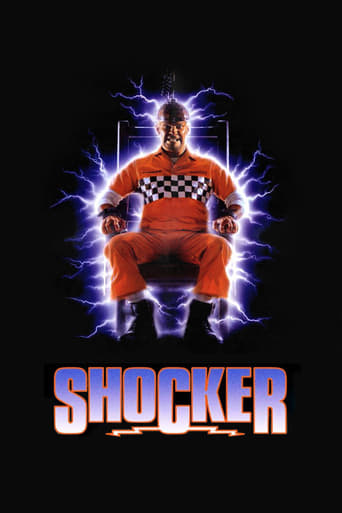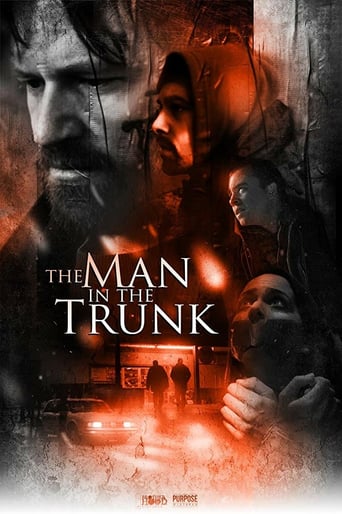Nightmares in Red, White and Blue (2009)
An exploration of the appeal of horror films, with interviews of many legendary directors in the genre.
Watch Trailer
Cast


Similar titles
Reviews
The documentary manages to present some very interesting opinions regarding the evolution of American horror, and while I did think it lacked a bit of comparison regarding the objectives of cinema as a whole, it does present some very interesting takes on what the horror movies try to express through time and how they evolved as audiences evolved.
Can you believe that even today (56 years later) Alfred Hitchcock's "Psycho" still continues to have a substantial impact on the general direction of contemporary, American, horror movies? Well, it does! And, with that in mind - Is it any wonder that this particular genre of film has become the stalest and most predictably trite movie category of them all? According to all of the horror-movie directors, story-writers and historians who offered up their opinions in their fright-flick documentary - It was completely unanimous by all that Psycho was, indeed, the turning point. In the decades to follow, Psycho single-handedly set the inevitable direction that horror movies would head.And, of course, in order to continue to compete with such a significant milestone as Psycho, horror-movie scenarios quickly accelerated into fast-pace mode and became a helluva lot messier and horrendously more sadistic in those years that followed Hitchcock's unforgettable slasher classic.Yet, as is clearly evident today, it has been proved virtually impossible to fully satisfy and quench America's seemingly insatiable thirst for buckets of blood, and geysers of gore, and horrific stories that escalate into a non-stop barrage of pure, x-rated ultra-violence.2 things that quickly lost this documentary some serious points were -(1) All of those who offered up their opinions on the subject of horror movies placed a ludicrous amount of emphasis on directly connecting up these films with the socio-political mood (especially since 1950) that was clearly present in American society (at any given time in their nation's turbulent history).(2) Way too much screen-time was given over to focusing in on director John Carpenter's half-baked opinions. As well, far too many film clips from his movies were spotlighted in this documentary. Also movies adapted from Stephen King novels were given too much attention, too.P.S. - In order to make a point, I thought it was really pushing things a little too far when a particular scene from Disney's animated, 1940, classic Pinocchio was included in this film as yet another example of a horrific movie-moment worth discussing..... Spare me!
The beginning of this movie was actually pretty good; I enjoyed the discussion (albeit brief) of the birth of horror films. It got a bit muddled when it entered the 30's and 40's...I feel like they were trying to make too many political points where none really existed.When it got to the 50's, that's really when the politics overtakes the discussion of the movies. This is partially because most of the directors grew up in or started directing in the 60's and they were all counter-culture types. Normally when you watch a documentary about something, you get a full view, not an utterly biased piece of propaganda...I'm sorry, comparing Ronald Reagan to Freddy Krueger as the scariest person in the 80's? Really??? Most Americans would disagree - I mean other than the staunchest leftists who see Obama as too conservative still hold any sort of vindictiveness for Reagan.If you were looking for a documentary about how these films came into being or where the horror genre has been and where it's going...eh, you'll get a very thin layer of that. The directors they have in here spend way too much time discussing how important their relatively unimportant films were in establishing the political tones (who really looks at horror movies for politics?) and too little time actually discussing American horror films.It would have been nice for them to discuss how British horror films influenced American horror films (Universal competing against Hammer for instance) or how authors like Edgar Allen Poe, Shirley Jackson, and Richard Matheson provided much of the fodder for the horror films in the 50's and 60's...other than a passing mention of Poe, there is no mention of any author other than Stephen King.This is a poor attempt to document the history of the horror film genre. There are plenty of clips from films, but they are far too brief to really enjoy. Too little time is given to too many films for there to be any real depth here. Ironically, there is almost no mention of contemporary horror films that actually are worthwhile...namely independent directors and films that aren't just blood and gorefests. Oh well! Don't bother with this.
"Nightmares" is as much of a social and political history lesson as it is a documentary of the origins of Horror films. I was taken back at how extensively and intelligently this film covered my favorite genre of film. There is a constant link made between the different subcategories of horror that have emerged over the years and the different social and political ties that drive them. "Nightmares" ended up being far more philosophical in its approach to the reasons why our society craves horror and violence on film. This is the closest I've ever seen to a "Ken Burns" history lesson on Horror Movies. I not only loved it, I learned something.

